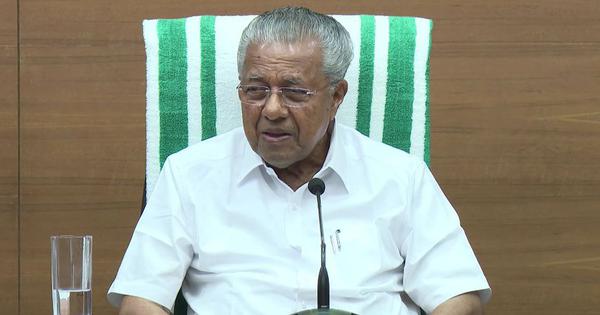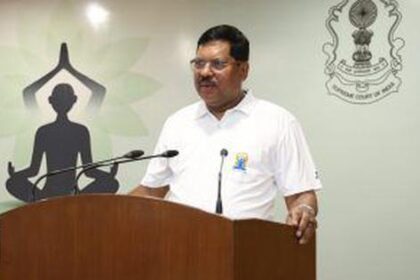Strong bipartisan support in Kerala Assembly against potential voter disenfranchisement through electoral roll revision.
The Kerala Assembly has unanimously passed a resolution opposing the Election Commission’s decision to conduct a special intensive revision of the electoral rolls in the state. The resolution, moved by Chief Minister Pinarayi Vijayan, expresses concern that the exercise, deemed “hasty,” could undermine the rights of citizens.
This move comes at a time when a similar exercise is being carried out in Bihar and amid reports of a nationwide revision of electoral rolls expected to commence by October. Both the ruling Communist Party of India (Marxist)-led Left Democratic Front and the Opposition Congress-led United Democratic Front have criticized the timing of this revision, suggesting it is poorly timed ahead of local body elections scheduled for later this year and the Assembly elections set for 2026.
Concerns regarding the nature of this revision have been articulated in the resolution, which suggests it could serve as a “backdoor” attempt to implement the National Register of Citizens (NRC) across the country. The NRC aims to create a list of Indian citizens while identifying undocumented immigrants. The process, which was notably contentious during its implementation in Assam in 2019, excluded approximately 19 lakh residents, raising fears about the potential for similar exclusions in other states.
The resolution highlights apprehensions that the ongoing revision in Bihar supports the notion of a national-level initiative that may reflect a “politics of exclusion.” Lawmakers questioned whether the problematic patterns seen in Bihar’s electoral rolls would extend to Kerala, Tamil Nadu, and West Bengal—states that are also approaching elections. They noted that the Supreme Court is currently reviewing petitions challenging the conduct of the revision in Bihar.
Lawmakers stated that the rapid pace of this electoral roll revision cannot be regarded as an innocent action. They claim that it poses a risk of “sabotaging” democracy, particularly given that a comprehensive revision of the voter list was previously conducted in Kerala in 2002. The resolution criticized the idea of basing the new exercise on outdated documents, deeming it “unscientific.”
Under the current revision process in Bihar, voters born after 1987 are required to provide proof of citizenship for at least one parent, and those born after 2003 must show proof from both parents. Such stipulations, the resolution argues, could negatively impact voting rights, especially for minority communities, women, and overseas voters, contravening the universal right to vote as outlined in Article 326 of the Constitution.
Moreover, the resolution raises alarms that this revision may be leveraged to reinvigorate the Citizenship Amendment Act (CAA), which expedites citizenship for refugees from certain religious communities from Bangladesh, Afghanistan, and Pakistan, excluding Muslims. The Act, which was passed by Parliament in December 2019, has faced significant opposition due to its perceived discriminatory nature.
In Bihar, the Election Commission announced the electoral roll revision on June 24, requiring individuals not listed in the 2003 voter list to submit proof of eligibility to vote. The process has raised concerns about disenfranchisement among voters, as evidenced by the removal of 65.6 lakh names from the draft electoral roll published on August 1. The Election Commission defends the revision as a necessary cleanup to eliminate names of the deceased, duplicate entries, and undocumented migrants in preparation for the upcoming elections in the state.
Earlier this month, the Supreme Court instructed the Election Commission to accept Aadhaar cards as valid identity proof for this revision process in Bihar, further complicating the landscape of voter eligibility and rights.








